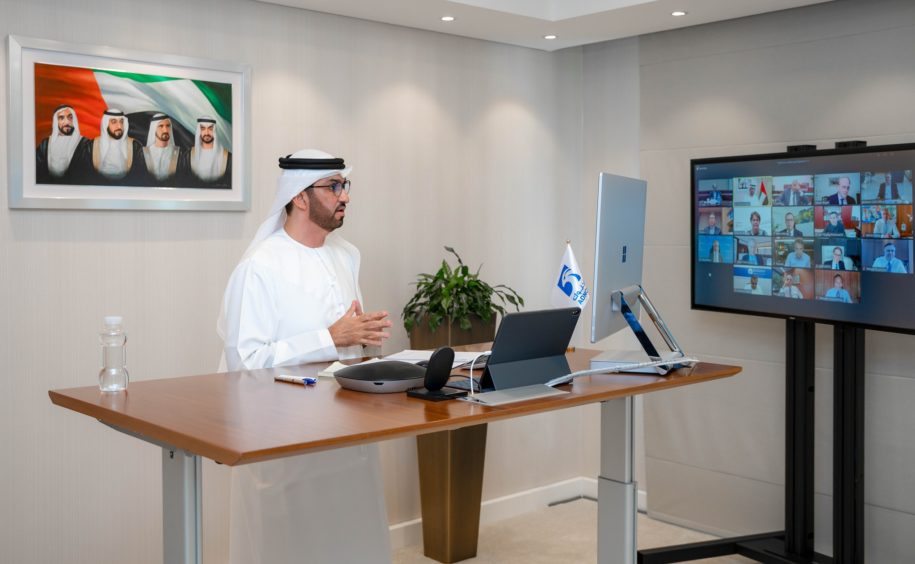
The United Arab Emirates plans to use the COP28 summit to pursue government talks on energy deals.
The briefing highlighted Adnoc’s international gas ambitions and trading, while Masdar seeks governmental support for a range of projects.
In particular, in the UK, the report suggests Masdar is seeking to expand its offshore wind offering and jump the queue for grid connections.
The Centre for Climate Reporting (CCR) and the BBC announced the allegations today, based on 150 pages of leaked documents. CCR said the COP28 team planned to use talks to “increase exports of Adnoc’s oil and gas”.
According to the documents, Adnoc head – and COP28 president – Sultan Al Jaber planned to raise commercial issues with nearly 30 countries. The report does not make it clear whether these took place.
Some countries contacted by the Centre and BBC denied the topic had been discussed, others said no meetings had taken place. CCR reported that on one occasion a country had followed up on commercial talks, with Adnoc’s interests raised during a meeting with another.
The COP28 team did not deny such talks may have taken place in response to the CCR. A representative noted that Al Jaber has a number of positions. “That is public knowledge. Private meetings are private, and we do not comment on them.”
COP28 staff are in regular contact with Adnoc and Masdar, the report went on, providing talking points. Al Jaber is also the chairman of Masdar.
CCR provided a selection of the leaked documents, shedding light into the two companies’ plans for expansion.
International plans
The briefing pack on the various countries often reiterated one point. “There is no conflict between sustainable development of any country’s natural resources and its commitment to climate change.”
In the Chinese section, Adnoc was said to be “willing to jointly evaluate international LNG opportunities”, in Mozambique, Canada and Australia. Chinese companies have stakes in LNG export projects in all three countries.
Adnoc is also interested in exporting Venezuela’s gas via Trinidad & Tobago, where there is liquefaction capacity.
Adnoc Global Trading (AGT) plans to open an office in Geneva and incorporate a Swiss trading entity before the end of the year.
Other points include potential interest from the UAE and its energy companies in Germany’s offshore wind plans and the establishment of Hamburg as a hydrogen hub.
Masdar aims to develop 10 GW of offshore wind and green hydrogen in Germany by 2030. As such, it is seeking direct award of seabed rights and a double taxation agreement. Adnoc, meanwhile, aims to supply up to 25% of Germany’s hydrogen imports.
Masdar was also keen to explore opportunities in the Netherlands’ offshore wind tenders and working in Norway.
UK ambitions
In the section on the UK, the briefing noted the weakening of climate initiatives, such as pushing back the use of petrol and diesel cars, the weakening of gas boiler phase out, energy efficiency changes and oil boilers.
Masdar has expansion plans in the UK. It aims to double its office to around 90 people. The briefing pack said the National Grid’s “first come, first served” approach was a “political topic that needs resolution to maintain the trust of investors in the UK”.
Masdar aims to win UK government support to more than double the size of its Dudgeon wind farm. This would increase from 402 MW to more than 1 GW, it said.
The company is also seeking UK government support “to expedite the grid connection of Masdar battery portfolio in England by refining the connection queue to prioritise investors who are well capitalised and prepared to invest”.
